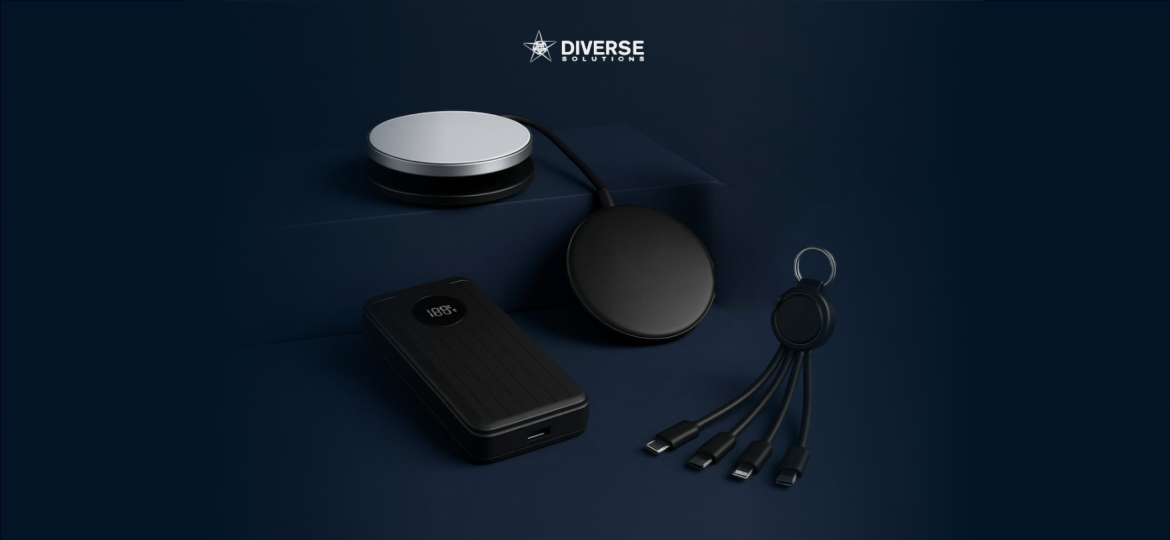
When choosing between a wireless vs wired power bank, it’s essential to understand key differences in speed, efficiency, heat generation, and overall practicality. Here’s how they stack up:
1. Charging Speed: Wired Wins Every Time
Wired charging delivers significantly faster results:
- A 20-30W wired charger can take a phone from 0–50% in under 30 minutes.
- The Samsung Galaxy S22 charges from 0–100% in about 1.48 hours via wired 25 W, versus 3 hours via 15 W wireless—a 109% longer time.
- The iPhone 13 Pro jumps to 50% in 30 minutes wired, but needs 55 minutes wireless—an 83% increase. (themachine.science)
These examples clearly highlight wired charging’s superiority in speed.
2. Efficiency and Energy Loss: Wired Direct, Wireless Wastes
Wired charging typically reaches efficiency levels over 90%, minimizing energy waste. In contrast, wireless charging generally operates between 60–80% efficiency due to energy losses during electromagnetic induction.
An independent test showed a wired charge from 0–100% consumed 14.26 Wh, while wireless charging required 19.8 Wh—39% more energy. A misaligned wireless pad could push this up to 80% more.
3. Heat Generation: Another Factor That Speaks for Wired
Wireless charging generates notably more heat due to conversion inefficiencies:
- Heat from wireless charging can impact the battery’s long-term health.
- Wired connections produce less heat, especially with modern fast‑charging protocols.
4. Convenience vs. Speed: The Trade‑Off
Wireless offers silky convenience—no cables, no port wear, plus a clean aesthetic. It’s ideal for desks or bedside charging. But…
- It’s slower, alignment-sensitive, and less efficient.
Wired charging, while requiring a cable, delivers unmatched speed, lower cost, and reliable performance.
5. Future Trends & Wireless Power Standards
The Qi standard (Qi BPP up to 5W; Qi EPP up to 15W) remains dominant but limited in power. Even phones charging at “15W” often only get around 4W sustained due to heat constraints.
Newer technologies like Qi2 and optimized coil design aim to bridge the gap, but wired still leads in power and efficiency. (The Wall Street Journal)
Summary Table
| Feature | Wired Charging | Wireless Charging |
| Speed | Fast (e.g., 0–50% in 30 min) | Slower (50% takes ~50–75 min) |
| Efficiency | 90–95%+ | 60–80% with energy loss as heat |
| Heat Generation | Lower | Higher—can impact battery health |
| Convenience | Requires cable, very reliable | Cable-free, aesthetically neat |
| Future Outlook | Continues to advance (PD/QC, >100W) | Improving, but still trails on power |
Final Thoughts
If speed, efficiency, and care for your battery are your top priorities, wired charging wins hands down. However, for simplicity, cable-free convenience, and tidiness at your desk or nightstand, wireless offers a graceful, if slower, solution.
Still undecided? A mixed approach—using wired for fast top-ups and wireless for overnight trickles—can offer the best of both worlds.
For more information and to explore our offerings, visit Diverse Solutions Singapore.

